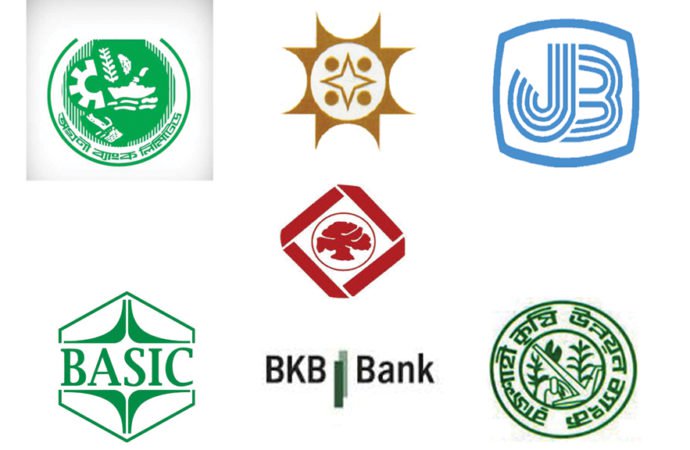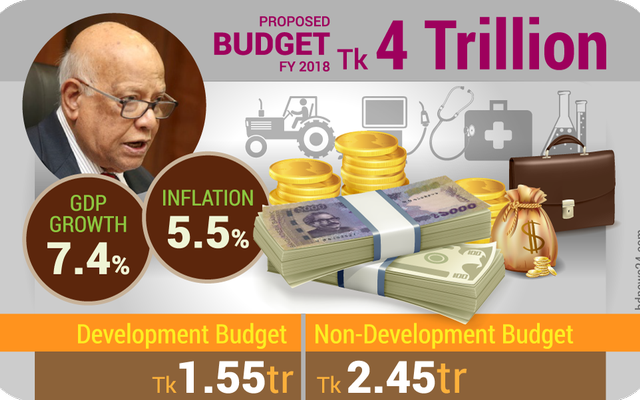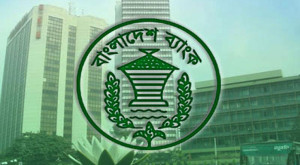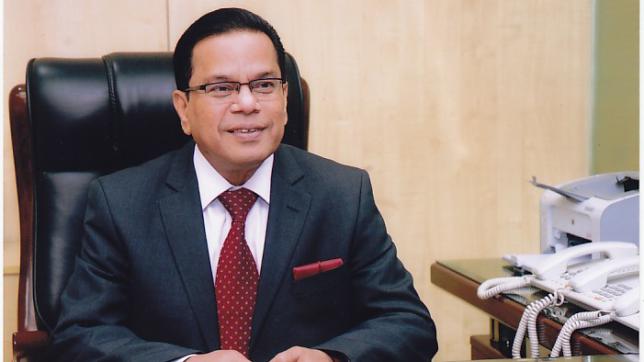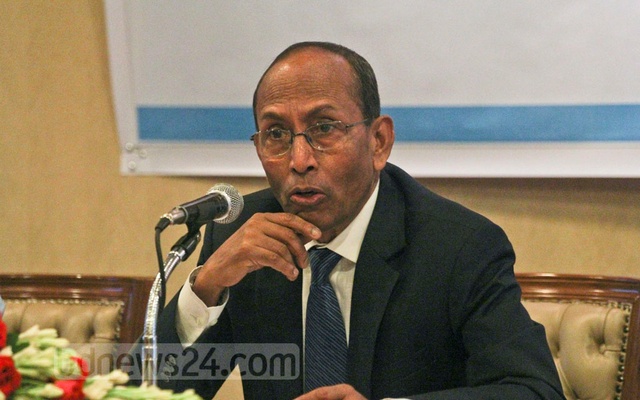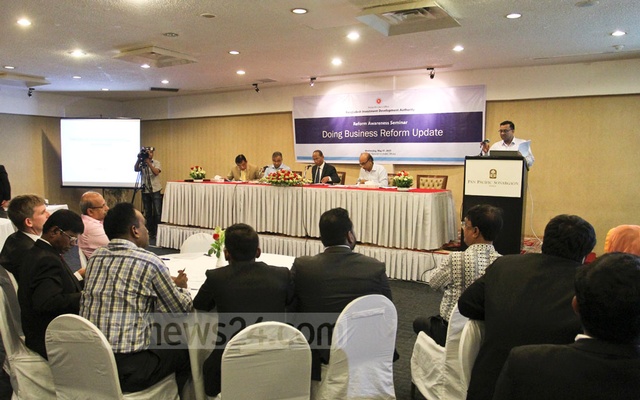The banks that are failing to keep pace with the fast-growing financial sector should merge with each other, according to a top banker.
Kazi Mashiur Rahman, managing director of Mercantile Bank, likened the fast-growing banking sector to a busy highway.
“Banks that cannot run in the highway because of a lack of well-trained bankers should merge,” he said in an interview with The Daily Star recently on the occasion of the bank's 18th anniversary.
Mercantile commenced its operations in 1999. It now has 119 branches, including five SME branches. The bank has an offshore banking unit in Gulshan and one in the Chittagong Export Processing Zone.
Bangladesh Bank should formulate a merger act and take initiative to help banks amalgamate taking into cognisance their performance, he added.
The banker, who joined Mercantile Bank in January last year, said a robust IT system is a bank's engine and a well-trained banker acts as a driver.
“If a bank is blessed with both, then it will qualify to operate on the highway.”
“Only some banks are doing well because they possess both, and Mercantile Bank is one of them.”
Rahman said the bank posted tremendous growth in all financial indicators by riding on good businesses amid political stability throughout 2016.
Mercantile Bank's deposits grew 6.71 percent to Tk 16,526 crore last year compared to 2015 while its loan portfolio registered a 19.45 percent growth to Tk 15,091 crore, according to the bank's data.
Year-on-year, the bank's export financing rose 20.22 percent and import financing 16.49 percent last year.
Its net profit improved to Tk 222.73 crore last year, 59 percent higher than Tk 139.32 crore in 2015.
“The improvement came not only in terms of numbers but also in terms of quality,” said the top executive, who previously served Exim Bank as managing director and Prime Bank as deputy managing director.
The healthy growth of the private bank is in stark contrast to its recent below-par performance.
In March 2015, the central bank appointed an observer to the bank to deal with deteriorating corporate governance. The observer was withdrawn recently.
“It indicates that the corporate governance of the bank has improved and it has performed well,” Rahman said.
Mercantile Bank has adopted a plan for the next five years to improve its capital base in line with the Basel-III requirement, the CEO said.
Rahman said the bank would raise capital by declaring stock dividends and issuing bonds.
He said the bank is also deepening its footprint in retail banking and plans to concentrate more on small and medium enterprises in the coming years.
The bank plans to set up a separate subsidiary for its mobile banking unit—MYCash—to facilitate smooth transfer of funds.
Some experts on mobile financial services will be appointed in the subsidiary to fare well in the segment, Rahman said.
The banker said Mercantile is continuously strengthening its IT platform and providing more IT-based solutions to its clients.
"From the very beginning, the bank has adopted modern technologies to provide faster services. We have introduced real time banking, SMS and internet banking.”
The CEO also talked about the sluggish growth in remittance flow.
“The inflow of remittance has not fallen; rather, more money is entering the country through non-banking channels. It is a failure of the banks as they have not been able to attract remitters to send money through the banking channel. As a result, an alternative channel has gained ground.”
The mobile banking channel is being blamed for the slow remittance growth through the banking channel, but Rahman said it is not the fault of the mobile financial service providers.
“Migrants prefer the alternative channel as they are getting better services,” he said, adding that the exchange houses of the banks abroad are not performing well because of cost inefficiencies.
Mercantile Bank has an exchange house in the UK, which has reached breakeven. The bank posted consistent growth in remittance, channelling Tk 2,405 crore last year.
Rahman sees the high cost in deposits, now averaging 6 percent, as a key risk for the bank. Mercantile Bank is among those banks that are offering the highest deposit rate for the sake of depositors.
The deposit rate of the bank was 6.65 percent in March against the industry weighted average of 5 percent, according to the central bank data.
As a result, the bank has to maintain higher profit by way of cutting operating costs, the top executive said.
Its lending rate stood at 10.18 percent against a market average of 9.7 percent.
Rahman said the corporate clients mostly account for the higher default rate in the banking sector.
“The writ culture is also a matter of concern for banks as clients continue to get loans despite defaulting on their
payments.”
news:daily star/1-jun-2017




